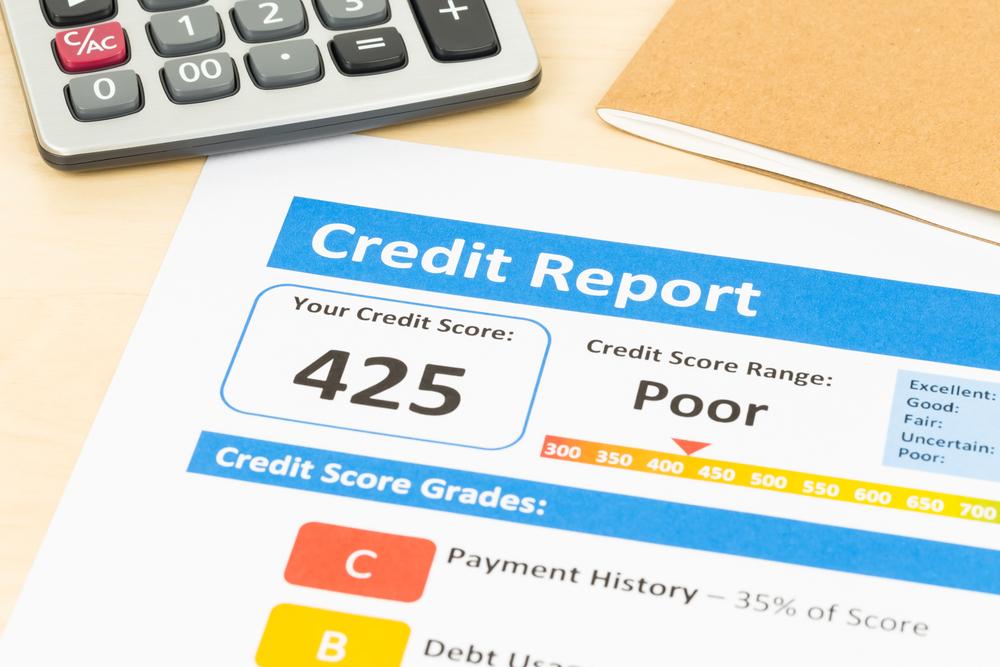Key Factors That Do Not Affect Your Credit Score: What You Need to Know
This comprehensive guide clarifies common misconceptions about credit scores, highlighting what factors do and do not impact your credit rating. Learn how to manage your financial profile effectively by understanding the true influences on your credit health, including the importance of regular credit report checks, responsible borrowing, and prudent account management. Avoid unnecessary worries about income fluctuations, personal details, and unrelated financial activities that have no effect on your credit score. Empower yourself with knowledge to optimize your creditworthiness and enjoy better financial opportunities.

Understanding What Does Not Impact Your Credit Score
Maintaining a robust credit score is vital for securing advantageous loan conditions, favorable interest rates, and reduced insurance premiums. Furthermore, a healthy credit history can influence hiring decisions, as many employers review credit reports during the interview process. However, there are several misconceptions about what can affect your credit standing. Knowing which factors do not impact your credit score can help you focus on activities that genuinely improve your financial health and avoid unnecessary worries about unrelated aspects.
In this article, we will explore common factors that are often misunderstood or incorrectly assumed to influence your credit rating. Understanding these can help you manage your financial profile more effectively and efficiently.
Regularly Checking Your Own Credit Report
Many people worry that checking their credit report might harm their credit score. In reality, reviewing your credit report constitutes a soft inquiry, which does not negatively influence your credit score. It is a good practice to regularly review your report to spot inaccuracies, fraudulent activity, or outdated information that could harm your credit profile. Accurate reports ensure that your creditworthiness is reflected accurately, allowing you to address any discrepancies promptly.
Variations in Income
One common misconception is that changes in your income can directly affect your credit score. However, income details are not included in your credit report. Your credit report focuses on your credit activity, such as loans, credit cards, and payment history. Whether your income increases or decreases does not impact your credit rating unless it affects your ability to make timely payments. Even if you become unemployed or experience a significant income change, your credit score can remain stable as long as bill payments are on track.
Personal Identification Details
The basic personal information you provide, such as your name, address, social security number, and date of birth, is irrelevant to your credit score. These details are used for identification purposes and do not influence your creditworthiness. Credit scoring models analyze your financial behavior based on your credit activities, not your personal identification data.
You Might Also Like: How to Set Spending Limits with Your Bank or Credit Card
Using a Debit Card for Transactions
Transactions made with a debit card do not get reported to credit bureaus as credit activity. Unlike credit card transactions, debit card use does not build or affect your credit score. To improve or maintain your credit rating, engaging with credit products such as loans and credit cards, and making regular, timely payments, are essential.
Loan Application Rejection
If your loan application gets rejected, this event does not show up on your credit report as a negative mark. However, the lender’s decision might be related to a recent hard inquiry, which is recorded and may temporarily impact your score. It’s important to understand that a rejected application does not damage your credit history unless multiple hard inquiries suggest risk to lenders.
Paying Other People's Bills
Helping others by paying their bills does not influence your credit score. Such payments are only reflected on the credit reports of the individuals whose bills you are paying. These actions cannot boost or harm your credit profile unless you are authorizing additional credit accounts in your name.
Relationship Between Marriage and Credit
Your marital status has no direct effect on your credit score. While marriage can lead to joint financial endeavors like shared loans or mortgages, your individual credit score remains separate unless you formally link accounts. Marriage itself does not combine or merge credit histories, so each person’s credit standing is evaluated independently.
Adding Authorized Users to Your Accounts
Allowing someone to be an authorized user on your credit card can assist them in building credit, especially if they have limited credit history. However, if the authorized user misuses the account—such as making late payments or maxing out the card—it could negatively impact your credit score. Therefore, exercise caution and add trustworthy individuals when considering authorized user options.
Staying Informed on Credit Card Tips and Financial Best Practices
To keep abreast of the latest developments, tips, and strategies for managing your credit and optimizing your financial health, consider following reputable sources on social media platforms like Facebook and Twitter. Staying informed helps you make smarter financial decisions, avoid common pitfalls, and improve your overall financial stability.
Understanding what factors do not impact your credit score empowers you to focus on the right activities that genuinely influence your financial health. By knowing that elements like income changes, personal details, and paying others’ bills do not affect your credit rating, you can reduce unnecessary stress and concentrate on building good credit behaviors like timely payments, responsible borrowing, and regular credit monitoring. Knowledge is power when it comes to managing your credit profile effectively and securing a better financial future.





